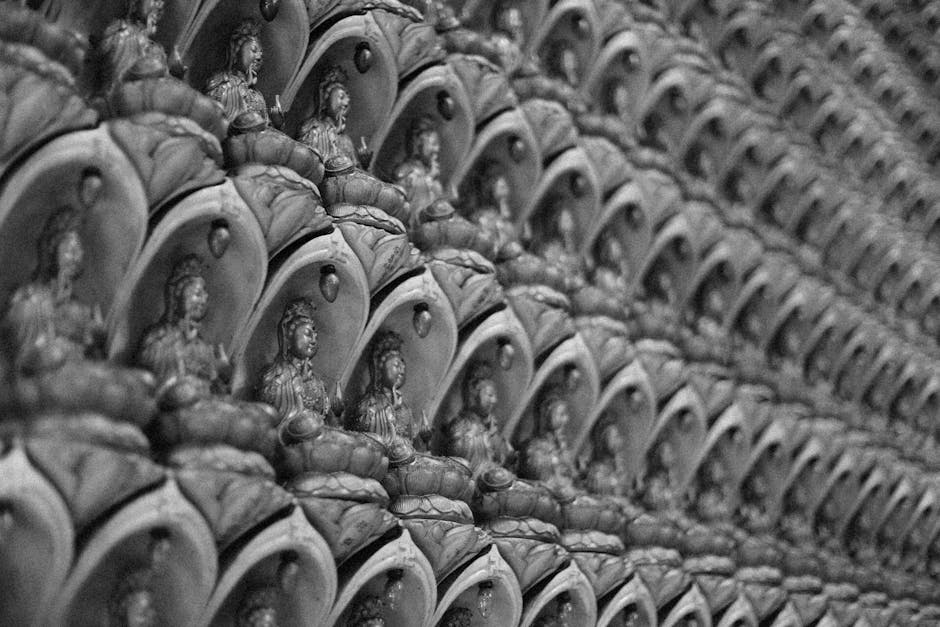In the high-stakes world of American politics, every word is a potential landmine. This week, Senator JD Vance of Ohio, a leading contender to be Donald Trump’s vice-presidential pick, found himself at the center of a firestorm over comments about his wife, Usha Chilukuri Vance, and her Hindu faith.
The backlash was swift, particularly within the Indian diaspora. But as the controversy unfolds, a deeper look into Usha Vance‘s own past statements reveals a more nuanced picture of faith, family, and multicultural life than her husband’s brief remark suggests.
What JD Vance Said About His Wife’s Hindu Faith
The controversy began at a town hall event where Vance was asked about his family’s religious life. In an apparent effort to appeal to the Republican party‘s conservative Christian base, he said, “My wife, Usha, is a Hindu… but my kids are being raised Christian.”
While a simple statement of fact, the political context and his delivery caused an immediate uproar. Critics online accused Vance of using his wife’s faith as a political tool—first to appear diverse, then to quickly reassure his base that his children were on the “correct” religious path.
For many, the comment felt dismissive, a political dog whistle that subtly positioned Hinduism as a secondary faith. The underlying message seemed to be that in MAGA politics, being Hindu is an acceptable biographical detail, but not a faith to be passed on to the next generation.
Usha Vance‘s Own Words on Faith and Family
Lost in the political crossfire, however, is the voice of Usha Vance herself. A successful lawyer, Yale Law School graduate, and the daughter of Indian immigrants, Usha has previously spoken about her family’s interfaith dynamic with a perspective focused on integration, not competition.
In a 2021 interview with a local Ohio publication, she offered a glimpse into their household’s approach. “We celebrate Christmas and we celebrate Diwali,” she stated, explaining that their home respects and celebrates both faiths. Usha described taking her children to church with their father while also ensuring they understand their Indian heritage and Hindu traditions.
Crucially, she didn’t frame it as a conflict of beliefs. “I think the values are the same,” she explained, highlighting the shared emphasis on family, community, and morality in both traditions. Her perspective reflects a modern syncretism—a blending of cultures that is familiar to millions of multicultural families. She presented her family as a space where children could be enriched by both heritages, not one where a single faith must dominate.
A Political Calculation vs. a Personal Reality
This thoughtful perspective stands in stark contrast to the narrative her husband is currently promoting. JD Vance‘s political brand is built on championing traditional Christian American values. His comment was likely a calculated move to solidify his credentials with the evangelical voters who form a cornerstone of the Republican party, leaving little room for religious ambiguity.
The episode highlights the tightrope that prominent figures from the Indian diaspora often walk in conservative politics, balancing their heritage against the expectations of a political base that can be wary of non-Christian faiths.
The row over JD Vance‘s remark is about more than a single sentence. It’s about representation, respect, and the complex reality of an interfaith family being simplified for political gain. While the senator aimed his comment at a specific audience, his wife’s earlier words serve as a vital reminder that for many, faith and family are about harmony, not the divisive lines drawn by politics.




